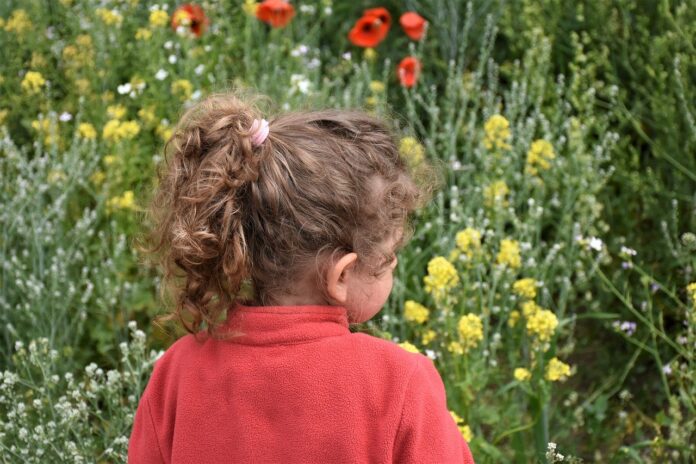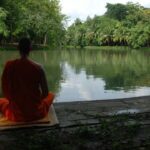Right to safe environment is a prerequisite to ensure right to life as it is closely related with the standard of life, health and overall development of a human being. Environmental damage adversely affects all, specially children’s lives today and in the future. Failure to protect the natural environment also leads to violations of children’s human rights which may threaten their rights to health, food, water, sanitation, education, culture, recreation, etc.
The UN Convention on the Rights of the Child (CRC) 1989 sets out civil, political, economic, social and cultural rights of the children including the principles of non-discrimination, the right to life, survival and development, best interests of the child, etc. While pointing out the impacts of environmental degradation on children’s lives, the CRC states that environmental pollution poses ‘dangers and risks’ to nutritious foods and clean drinking water for children.
Environmental hazards have been recognised as the barriers towards the right to health and other rights through numerous reports of the Committee on the Rights of the Child. The whole population is affected by environmental regulations, however, the Committee affirms that a greater level of protection and detailed procedures should be maintained in the decision making process as it may have a major impact on children and their best interests should also be ensured.
Children are particularly vulnerable to the impacts of environmental degradation, due to their evolving physical and mental development. Their organs and their immune systems are still developing and they absorb more pollutants than adults because of their smaller body weights. They need more food and water per unit of body weight because of the immaturity of the blood-brain barrier and nervous system and for having a different rate of organ systems growth. If a child is exposed to environmental pollutants during a period of potential growth and development, this may put the child at a greater risk of developing future diseases.
In three ways the term environment can be applied in relation to children’s rights. Firstly, the living conditions – housing, and community spaces of children which should ensure a decent standard of living, shelter, recreation, health, etc. Secondly, the natural environment – which includes plants, animals and people. Lastly, children’s access to natural resources as they need nutritious foods and clean drinking water to combat disease and malnutrition. Therefore, it can be easily understood that some children are extremely vulnerable to the harmful environmental effects, including girls, children with disabilities, poor children, and children belonging to the minority groups or marginalised communities. They live at a higher risk than others and this ultimately raises the question of environmental injustice.
States have general obligations to respect and ensure rights under the International Covenant on Civil and Political Rights (ICCPR) and International Covenant on Economic, Social and Cultural Rights (ICESCR) in order to completely secure of the rights recognised in the CRC. Bangladesh completed accession of the CRC on August 3, 1990 and it was ratified by the Parliament later on September 2, 1991 with reservations on Articles 21 and 14(1). These two provisions deal with the adoption of children and children’s rights for freedom of thought, conscience and religion, respectively.
Article 18A of the Constitution of the People’s Republic of Bangladesh asserts State’s responsibility to protect and improve the environment and to preserve and safeguard the natural resources, bio-diversity, wetlands, forests and wild life for the present and future citizens. Some constitutions, however, empower independent offices for monitoring human rights violations. For instance, Article 34 of El Salvador’s Constitution specifically guarantees State’s protection to ensure children’s right to live in familial and safe environmental conditions. Also, Namibia’s Constitution specifies the need to investigate problems related to environmental damage and authorises the Ombudsman for this purpose.
The issues regarding children’s access to sustainable nature and their protection from multiple factors of vulnerability should be crucially addressed to avoid environmental injustices. Legislators and policy makers should pay specific attention to safeguard the children from environmental health risks, through effectively enforced environmental policies, planning, investigation, monitoring and research, etc. Additionally, non-government organisations, child development experts, civil societies and others dealing with child health and environmental issues should take steps and coordinate with each other to act towards a sustainable, safe and healthy environment for children.
Name of Writer: Farzana Rifat Siddique
Bio: The writer is an Apprentice Lawyer at Bangladesh’s Dhaka Judge Court.
N.B. This Content is published here by the permission of author and The Daily Star’s Law Desk.














![Technical Aspects of 844 Area Code in 2024 [Detail Guide] 844 Area Code](https://articleify.com/wp-content/uploads/2024/01/844-Area-Code-150x150.jpg)














